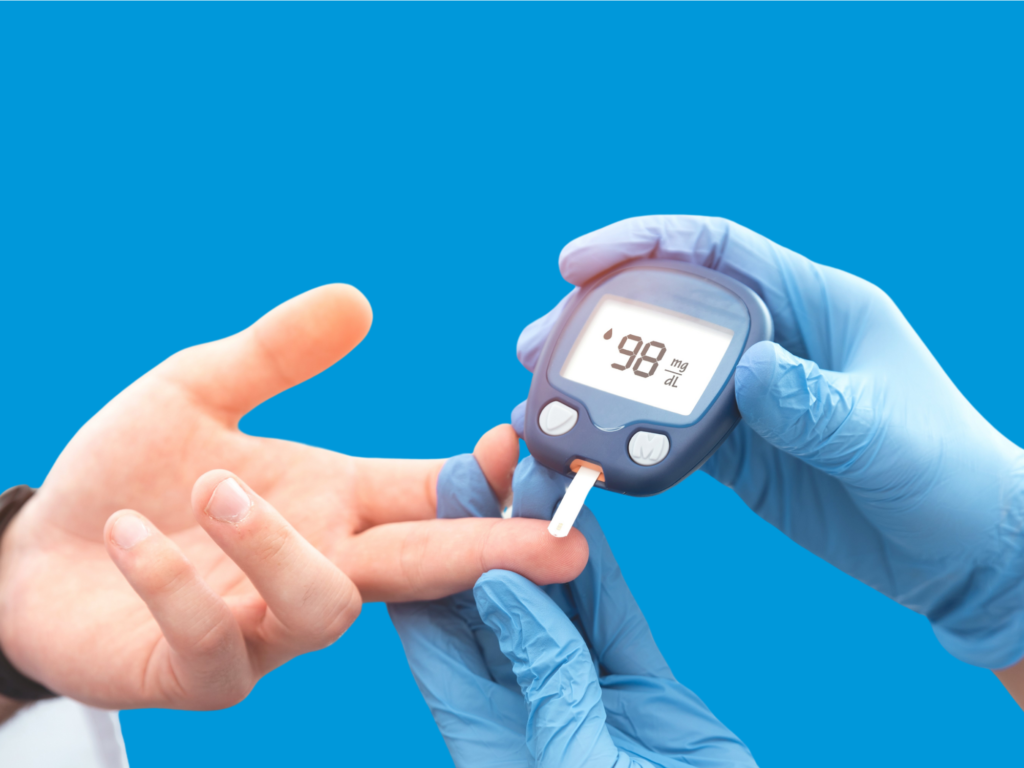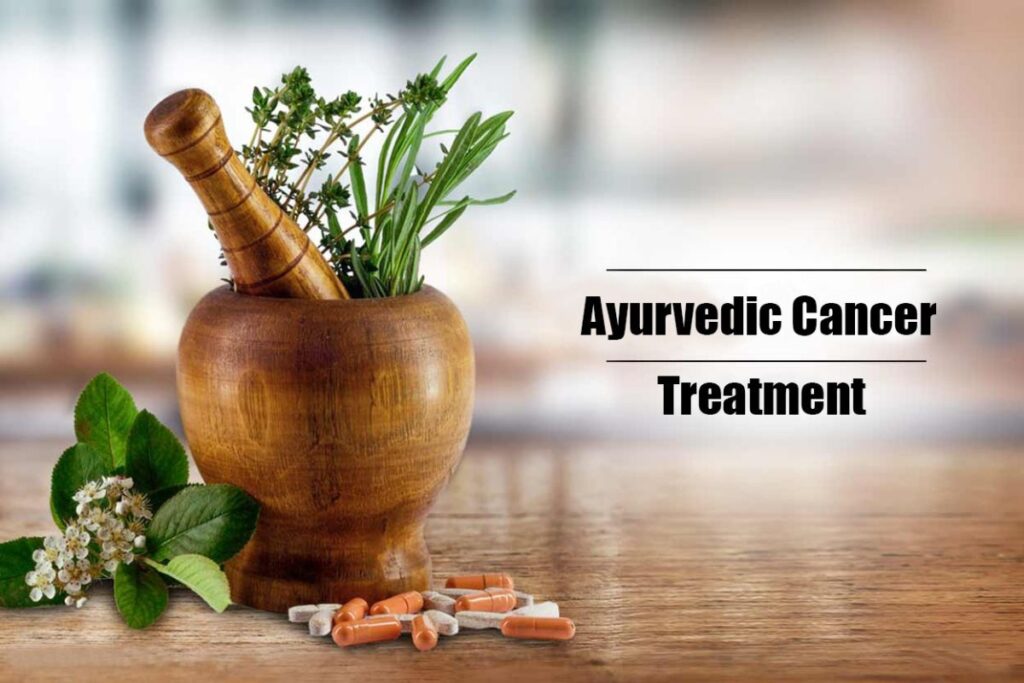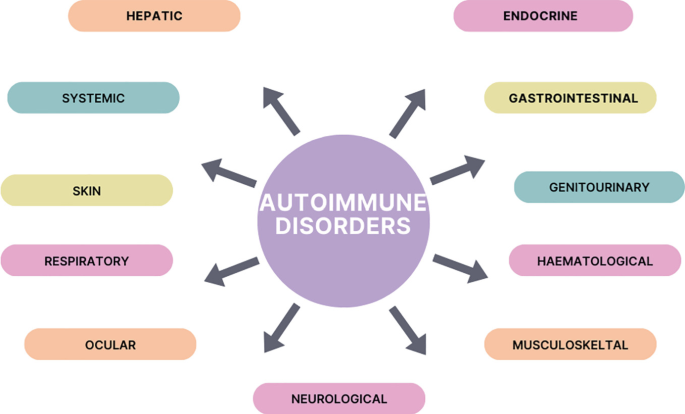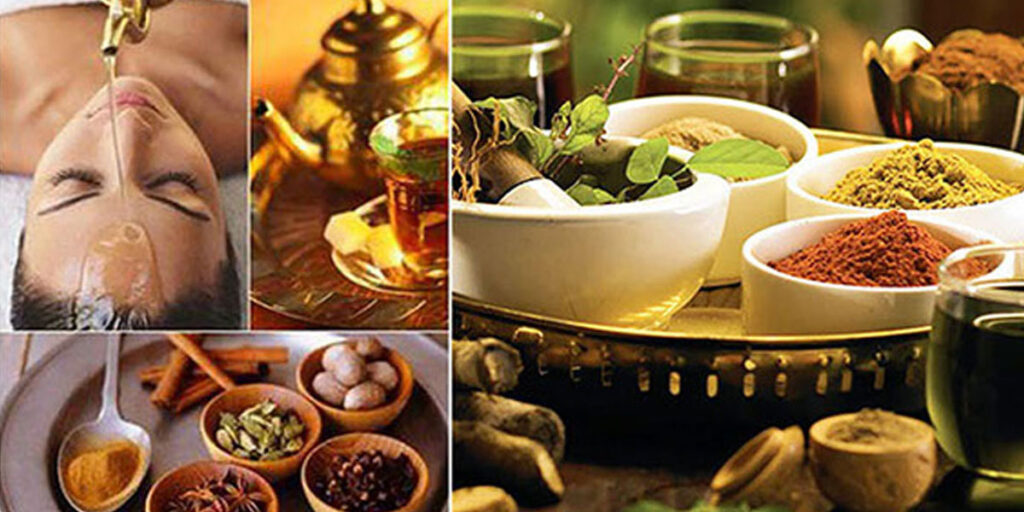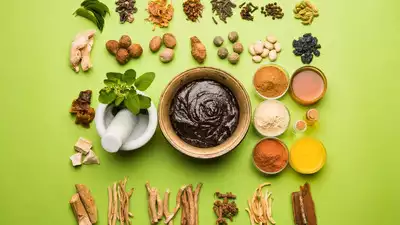Powerful Healing with Asthma and Its Ayurvedic Treatment
Asthma is a chronic respiratory condition that affects millions of people worldwide. Characterized by episodes of wheezing, shortness of breath, chest tightness, and coughing, asthma can significantly impact a person’s quality of life. While Asthma and its Ayurvedic Treatments focus on managing symptoms and preventing flare-ups, Ayurveda offers a holistic approach to addressing the root causes of asthma and promoting overall respiratory health. In this article, we will delve into the nature of asthma, its causes, and how Ayurvedic treatment can provide relief. We will also highlight the importance of consulting with the best Ayurveda doctors in Dehradun and, when necessary, the best cancer doctors in Dehradun, particularly for patients with severe or complicated cases. What is Asthma Asthma is a chronic inflammatory disorder of the airways that causes them to become narrow and swollen, leading to breathing difficulties. This condition can range from mild to severe and can be triggered by various factors, including allergens, exercise, cold air, smoke, and stress. Asthma attacks can occur suddenly, causing significant discomfort and even life-threatening situations if not managed properly. The symptoms of asthma include: Shortness of breath: Difficulty in breathing, especially during physical activities. Wheezing: A whistling sound when breathing, particularly during exhalation. Chest tightness: A feeling of pressure or tightness in the chest. Coughing: Persistent coughing, which may worsen at night or early in the morning. Causes of Asthma The exact cause of asthma is not fully understood, but several factors are known to contribute to its development: Genetics: A family history of asthma or other allergic conditions increases the risk. Environmental factors: Exposure to allergens such as pollen, dust mites, pet dander, and mold can trigger asthma symptoms. Respiratory infections: Certain viral infections in early childhood can damage developing lungs and contribute to the onset of asthma. Lifestyle factors: Smoking, obesity, and stress are also associated with an increased risk of developing asthma. Air pollution: Exposure to pollutants such as car exhaust, industrial emissions, and cigarette smoke can irritate the airways and trigger asthma attacks. Conventional Treatment for Asthma Conventional asthma treatment typically involves a combination of medication and lifestyle modifications aimed at controlling symptoms and preventing flare-ups. The most common treatments include: Inhalers: These are the primary Asthma. There are two main types of inhalers: reliever inhalers (used during an asthma attack to open the airways) and preventer inhalers (used daily to reduce inflammation and prevent attacks). Oral medications: For more severe asthma, doctors may prescribe oral corticosteroids to reduce inflammation in the airways. Allergy medications: Antihistamines and other medications may be prescribed if allergies trigger asthma symptoms. Lifestyle changes: Patients are advised to avoid known triggers, maintain a healthy weight, and quit smoking if applicable. While these treatments can be effective in managing asthma symptoms, they often do not address the underlying causes of the condition. Additionally, long-term use of some medications can lead to side effects. This has led many patients to explore alternative treatments, including Ayurveda, which offers a holistic approach to managing asthma. Ayurvedic Perspective on Asthma In Ayurveda, asthma is known as “Swasa Roga.” According to Ayurvedic principles, asthma is caused by an imbalance in the body’s doshas (vital energies), particularly the Vata and Kapha doshas. Vata, associated with air and movement, and Kapha, associated with water and mucus, play a crucial role in respiratory health. An imbalance in these doshas can lead to the accumulation of mucus in the airways, causing them to narrow and resulting in breathing difficulties. Asthma and its Ayurvedic Treatment focuses on restoring balance to the doshas, clearing the respiratory passages, and strengthening the body’s overall immunity. The approach is holistic, addressing not only the physical symptoms but also the mental and emotional well-being of the patient. Ayurvedic Treatments for Asthma Ayurveda offers a range of treatments for asthma, which can be tailored to the individual’s constitution and specific symptoms. Some of the most effective Asthma and its Ayurvedic treatments include: Panchakarma: Panchakarma is a detoxification therapy that involves five cleansing procedures designed to remove toxins from the body and restore doshic balance. For asthma patients, Vamana (therapeutic vomiting) and Virechana (therapeutic purgation) are particularly beneficial in clearing the respiratory system and reducing Kapha accumulation. Herbal Remedies: Ayurvedic herbs are commonly used to treat asthma. Some of the most effective herbs include: Tulsi (Holy Basil): Tulsi is known for its ability to improve respiratory function and reduce inflammation in the airways. Vasaka (Malabar Nut): Vasaka is a potent herb for treating respiratory conditions, helping to clear mucus and ease breathing. Haridra (Turmeric): Turmeric has strong anti-inflammatory properties that help reduce inflammation in the airways. Kantakari (Yellow-berried Nightshade): Kantakari is effective in reducing cough and clearing mucus from the respiratory tract. Pippali (Long Pepper): Pippali is known for its ability to strengthen the respiratory system and improve lung function. Diet and Lifestyle: Ayurveda emphasizes the importance of a balanced diet and lifestyle in managing asthma. Patients are advised to avoid cold, heavy, and mucus-producing foods, such as dairy, processed foods, and cold beverages. Instead, they should focus on warm, easily digestible foods, such as soups, steamed vegetables, and herbal teas. Regular exercise, breathing exercises (Pranayama), and stress management techniques such as meditation and yoga are also recommended. Nasya Therapy: Nasya involves the administration of herbal oils or powders through the nasal passages. This treatment helps clear the sinuses, reduce Kapha, and improve respiratory function. The Role of Ayurveda in Preventing Asthma Attacks Ayurveda not only provides treatments for managing asthma symptoms but also offers preventive measures to reduce the frequency and severity of asthma attacks. Regular detoxification, a balanced diet, and lifestyle modifications can help strengthen the immune system and reduce the body’s sensitivity to asthma triggers. For individuals seeking Asthma and its Ayurvedic treatment, consulting with the best Ayurveda doctors in Dehradun is essential. These practitioners have extensive knowledge of Ayurvedic principles and can create a personalized treatment plan that addresses the root causes of asthma while promoting overall health and well-being. When to Consult with


